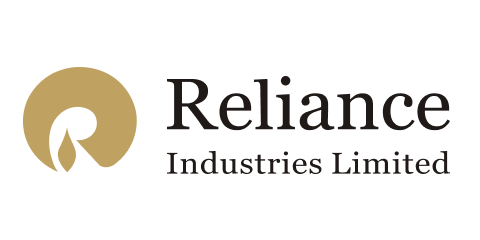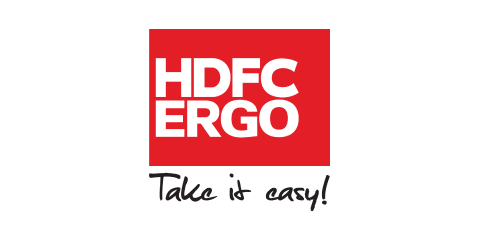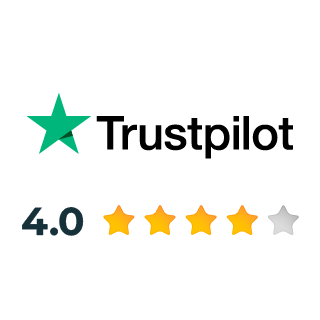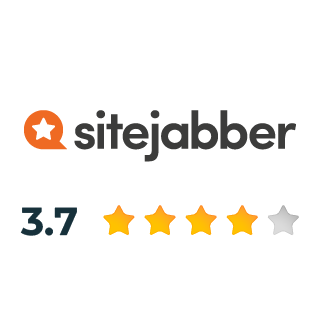Almost every business owner understands that technology is an important driver of success. Technology not only increases production and profitability, but it also provides a competitive advantage. It addresses many of the difficulties that businesses face today.
However, selecting the right assortment of tools can be difficult. Cloud connectivity, Machine Learning, IT services, Cybersecurity, and various captivating apps and tools have advanced rapidly in recent years, making it even more challenging for entrepreneurs to decide which options to invest in. According to studies, most small businesses are overwhelmed by the plethora of technology possibilities that are rapidly expanding. Selecting the incorrect stack could cost you a fortune and threaten your entire company’s success. This blog will guide you through the confusion of selecting the right technology for your business.
What Are the Various Kinds of Technology?
Four distinct types of technology are frequently employed in Startup Businesses:
- Telecommunications technology encompasses telephones, email, and video conferencing. Startups benefit from this technology since it allows them to communicate with consumers, suppliers, and staff.
- Information technology includes databases, software, and websites. This type of technology is vital for entrepreneurs because it allows them to run their company more successfully and efficiently.
- Manufacturing technology refers to machines, tools, and procedures. This type of technology is vital for startups since it enables them to develop products and services.
- Marketing technology includes advertising, public relations, and market research. This form of technology is essential for entrepreneurs since it allows them to promote their company and reach their target consumers.
How to Select the Best Technology for Your Business?
Today, organizations rely heavily on technology. The appropriate technology can help your company run more efficiently and productively. It can also help you improve your customer service and develop your business. But, with so many options accessible, how can you choose the best technology for your company?
Here are a few points to consider when choosing the best technology for your Startup Businesses:
Business Goals:
- Technology should be picked with your objectives in mind.
- For example, if you want to expand your firm, you’ll need technology to reach new clients and markets.
- To be more productive, you’ll need technology that automates chores and procedures.
Budget:
- How much money can you afford to spend on technology? Keep in mind that the initial cost is not the only one to consider.
- You’ll also have to consider the cost of implementation, support, and training.
- Choose a solution that is within your budget and can be readily scaled as your demands evolve.
Also Read: Software Technology Consulting: Developing Your Company and Understanding Your Goals
Infrastructure:
- Do you have the infrastructure to support the technology? For example, if you’re considering a cloud-based service, do you have a consistent internet connection? Before investing, ensure sure you have the necessary infrastructure in place.
Vendor:
- Choose a seller whom you can trust. They should have a solid reputation and be able to provide referrals from previously satisfied consumers. They should also provide training and support so you can get the most out of their technology solution.
- Technology is crucial to today’s businesses. The appropriate technology may make your firm more effective and productive.
- It can also help you improve your customer service and expand your business. But, with so many options accessible, how can you select the best technology for your company? Here are a few factors to consider while selecting technology for your company: 1. Establish your company’s goals. What are your business objectives? What are you hoping to achieve? Choose technology with your goals in mind.
How Can Technology Help You Improve Your Business Operations?
Businesses today rely heavily on technology to ensure their success. You can use technology to improve operations and increase efficiency and productivity. Businesses can utilize technology to improve operations in the following ways:
Automation:
- Automating jobs is one approach for organizations to improve their operations using technology.
- Automation can help organizations save time and money by eliminating the need for physical labour.
- Automation is possible for a wide range of functions, including customer relationship management, accounting, and marketing.
Data Management:
- Businesses can also employ technology to improve their operations by better managing data.
- Businesses can more efficiently acquire, store, and analyze data because of modern technologies.
- Businesses may make better operational decisions by leveraging data analytics technologies.
Security:
- Businesses can also employ technology to increase security.
- You can now secure your data and assets from security threats thanks to cybersecurity.
- Businesses can limit their vulnerability to security breaches by implementing security measures such as firewalls, intrusion detection systems, and encryption.
Customer Relationship Management:
- Customer relationship management (CRM) software is another approach for organizations to better their operations through technology.
- CRM software enables firms to manage their customer data and interactions.
- CRM software enables firms to improve their customer service and sales processes.
How to Manage and Use Technology Successfully in a Small Business?
As a small business owner, you’re always looking for methods to give your company a competitive advantage. Investment in technology is one method for accomplishing this. However, technology is only advantageous when used wisely.
Here are some pointers on how to properly employ technology in your small Startup Businesses:
Choose the Correct Tools:
There are numerous software packages and tools accessible on the market. It can be tempting to experiment with every new tool that comes out. However, this can be an expensive and time-consuming undertaking. Instead, concentrate on selecting the best tools for your specific business requirements.
Don’t Hesitate to Ask for Help:
If you have questions about how to utilize a certain piece of technology or software, don’t hesitate to seek assistance. Many resources are available, including online tutorials and support forums.
Keep Your Systems and Software Up to Date:
- This will help to ensure that you have the most recent features and security updates.
Make a Backup Plan:
- Technology is not flawless, and errors can occur. That is why a backup plan is necessary.
- This could include saving your data to a second drive or using a cloud-based backup service.
Read More: Ways to Select the Best Technology Stack for Mobile Development
As we complete this blog, it is important to remember that integrating technology into your organization is an ongoing process rather than a one-time occurrence. Your business’s future success will be built on the strategic decisions you make today when selecting and adopting technology. Every stage, from determining your technology requirements to monitoring and enhancing performance, is crucial to ensure that your technology investments provide actual value and support your business objectives.
A well-planned technology strategy provides long-term benefits such as better operational efficiency, increased consumer involvement, and a stronger competitive position in the market. Your goal should be to build a dynamic environment capable of promoting long-term growth and innovation.
For startup businesses, carefully assessing needs and choosing scalable, user-friendly, and cost-effective technologies will lay the foundation for future growth and success.








































